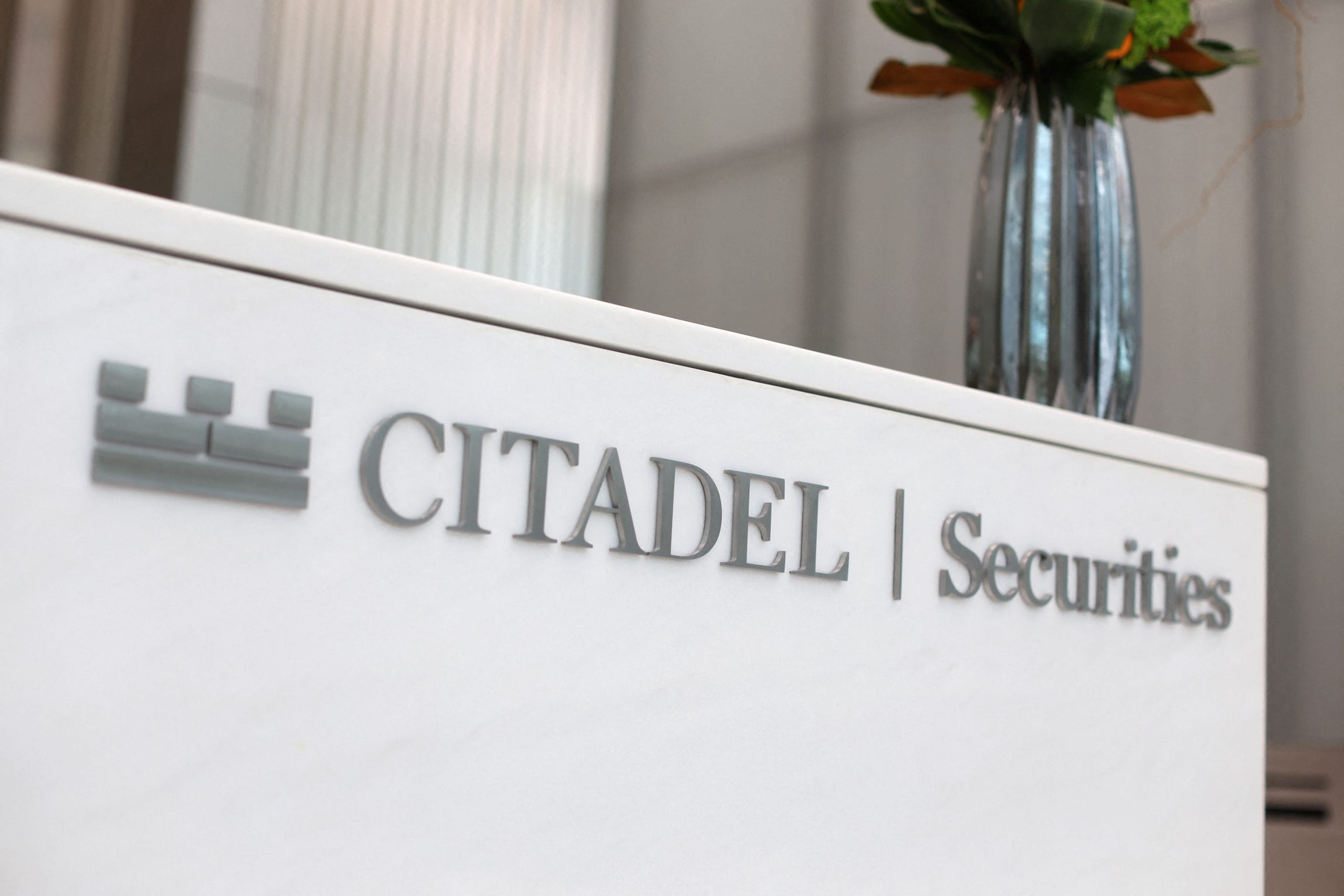
As the wave of tokenized stocks sweeps the globe, crypto companies and traditional financial giants have much to say. US market-making leader Citadel warned the SEC against relaxing regulations on tokenized securities, stating that some platforms are attempting regulatory arbitrage under the guise of 'innovation', which threatens to weaken investor protection by diluting traditional market liquidity.
Market maker giant Citadel: Tokenized securities are not an innovation safe haven, regulatory arbitrage must be strictly prevented.
According to Bloomberg, Wall Street market maker Citadel Securities sent an open letter this week to the cryptocurrency working group under the SEC, strongly urging regulators not to grant exemptions for tokenized securities and to maintain regulatory standards consistent with traditional securities markets. The letter clearly states:
In short, while we strongly support technological innovations that can genuinely address market inefficiencies, attempting to issue 'similar' securities through regulatory arbitrage is not innovation.
Citadel expressed concern that tokenized assets would siphon liquidity from traditional markets, fragment them, and confuse investors regarding the origins of such products. The company also mentioned, "This move may provide private companies with another option for raising funds, further shrinking an already depressed IPO market."
As one of the largest market makers globally, Citadel's statement carries weight and represents traditional finance's tough stance on asset tokenization.
(New York's largest market maker Citadel plans to enter the crypto space: optimistic about the prospects of regulatory clarity under Trump)
SEC expected to grant exemptions: is tokenized equity innovation or a regulatory loophole?
Citadel's concerns are justified. SEC-friendly commissioner Hester Peirce stated a few weeks ago that tokenized securities still fall under the category of securities and should be governed by existing securities laws, recommending that market participants discuss with the SEC to explore the possibility of 'appropriate exemption clauses.'
On the other hand, SEC Chair Paul Atkins has repeatedly expressed support for researching 'innovation exemptions' for tokenized securities, emphasizing that the SEC should not block market innovation by substituting enforcement for rule-making, and hopes to promote the revival of the IPO market.
(Crypto mom Peirce: Tokenization still needs to comply with securities laws, SEC expected to introduce exemption clauses?)
As crypto companies rush in, who can stand on equal footing with traditional brokers?
Equity tokenization refers to issuing traditional stocks as digital tokens through blockchain, allowing users to trade 24/7 and providing advantages such as rapid settlement and fractional investments. Platforms like Coinbase, Kraken, and Robinhood have successively expressed support for or launched such services, with some even targeting private tokens for unlisted companies like OpenAI or SpaceX.
(Examining three major models of US stock tokenization through Robinhood and xStocks: how to break the deadlock of liquidity shortages and regulatory pressure?)
Once approved, this will allow crypto companies to offer blockchain-based traditional stock trading and compete directly with traditional financial brokers, which inevitably raises concerns among Wall Street giants about dilution of traditional market liquidity and the rigor of anti-money laundering (AML) and know your customer (KYC) measures in the tokenized market.
Last month, the Securities Industry and Financial Markets Association (SIFMA) also warned the SEC not to hastily approve requests for crypto companies to issue tokenized securities. Citadel also suggested holding a public roundtable forum to incorporate opinions from various industry stakeholders and carefully assess the costs and benefits of the policy.
The next step for on-chain finance: how can innovation and regulation coexist?
Even with rising opposition from Wall Street, the development of on-chain finance seems difficult to stop.
A few days ago, as crypto giants like Circle and Ripple actively applied for trust bank licenses, several American banks and credit union associations jointly urged the Office of the Comptroller of the Currency (OCC) to hit the brakes, arguing that crypto companies lack the capability and experience to operate trust business, highlighting the concerns of TradFi giants over the rapid advancement of crypto companies.
Now, how to balance the scales between financial innovation and system stability has fallen into the hands of the SEC.
(US banking sector calls for a pause on approving crypto companies' trust bank licenses: fearing it could shake financial stability)
This article, 'Market Maker Citadel Warns SEC: Tokenized Stocks Will Siphon Liquidity from Traditional Markets; Regulatory Standards Need to be Consistent,' first appeared in Chain News ABMedia.

